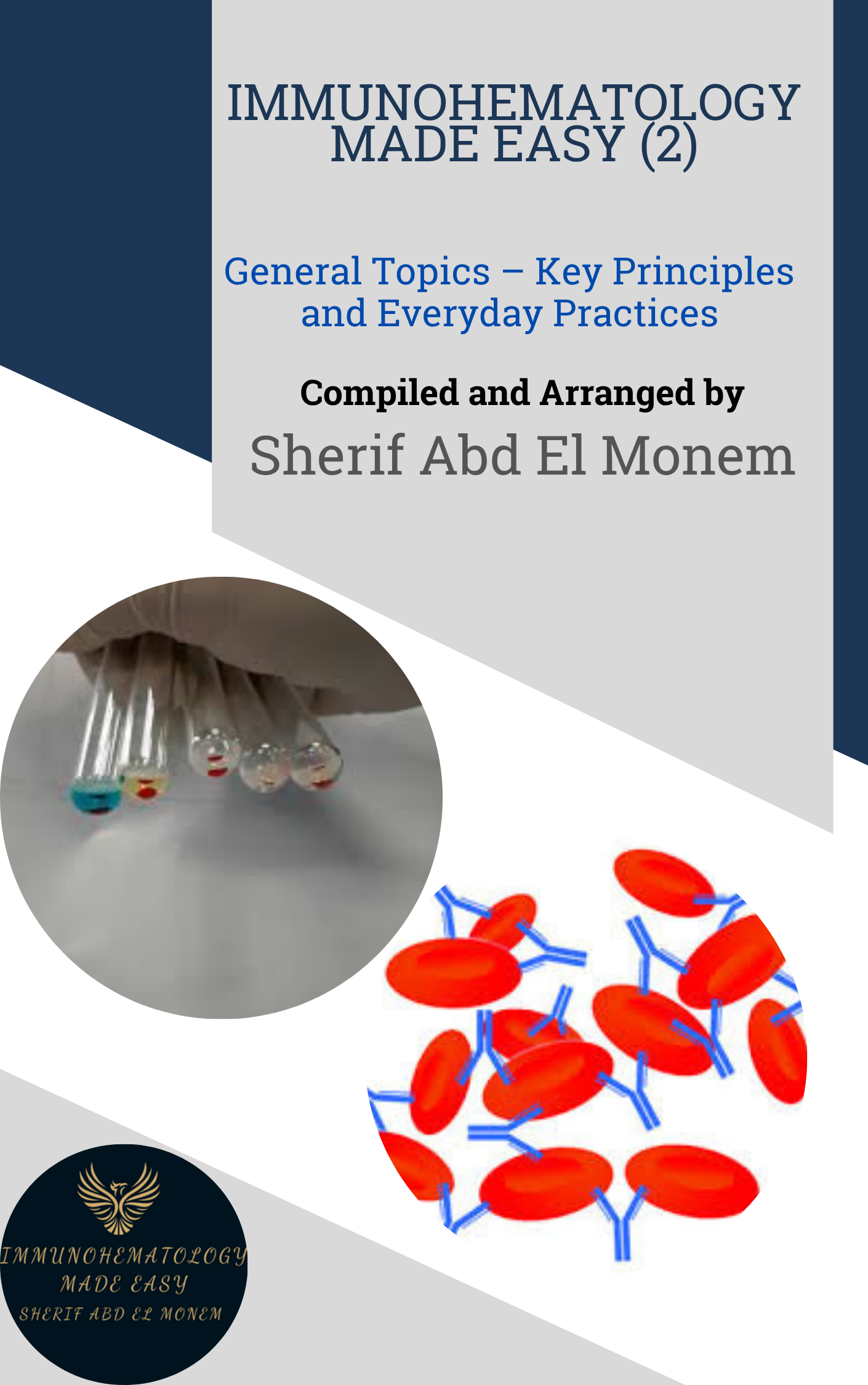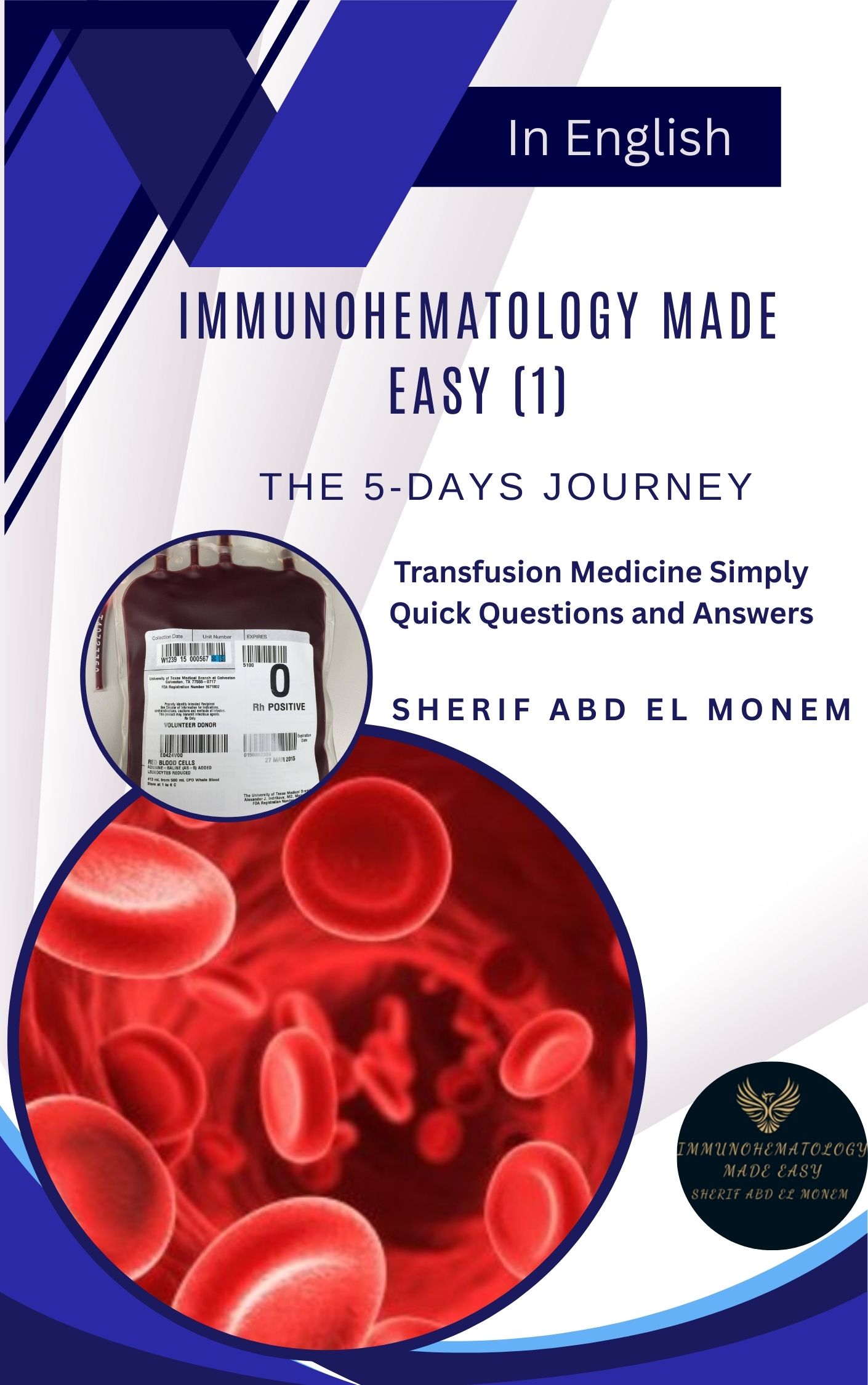101CE: Look Before You Leap with Rich Haspel - Dr Joe Chaffin
Welcome to the world of Transfusion Medicine, where the pace of discovery never slows down. Join Dr. Rich Haspel in this enlightening Continuing Education episode as he takes you on a journey through the ever-evolving landscape of medical advancements. With new evidence emerging at a rapid pace, Dr. Haspel urges us to adopt a prudent approach of ‘look before we leap.’
Staying Current in Transfusion Medicine
In the dynamic field of Transfusion Medicine, both novices and seasoned professionals often struggle to keep abreast of the latest information. The challenge lies not only in the sheer volume of new knowledge but also in the ability to critically assess the strengths and weaknesses of evidence presented in the medical literature. Dr. Rich Haspel is renowned for his candid evaluation of published data and his advocacy for caution. He believes in taking a step back and thoroughly investigating before embracing new practice principles.

Immunohematology Made Easy (2)
General Topics – Key Principles and Everyday Practices
📘 Available now in PDF & EPUB formats
🔗 Visit Store
Evaluating the Literature
In this interview, Dr. Haspel shares his systematic approach to evaluating medical literature. He provides practical guidance, empowering learners to analyze evidence effectively. The latter part of the interview takes a deep dive into a particularly ‘hot’ topic: the utilization of ‘Low-titer Group O Whole Blood (LTOWB)’ in trauma transfusion.
A Host’s Dilemma
As the host, I find myself in an intriguing position. I’ve previously discussed LTOWB on this podcast, particularly in conversations with Dr. Mark Yazer (featured in episodes 040 and 091). Both Dr. Haspel and Dr. Yazer are esteemed colleagues, and there’s a significant difference of opinion between them regarding the LTOWB issue. My advice to you as a learner is to focus on the evidence, invest time in comprehensive research, and form your own informed perspective. While I share my viewpoint at the end of the episode, the primary goal is to encourage critical evaluation rather than blind acceptance.
Meet Our Guest: Dr. Rich Haspel
Dr. Rich Haspel boasts an impressive academic background, having earned his Bachelor of Science degree from Stanford University, a PhD in Molecular Cell Biology from Rockefeller University, and an MD from Cornell University. He completed his internship in medicine and a residency in clinical pathology at Brigham and Women’s Hospital in Boston. His fellowship training in Transfusion Medicine took place at Massachusetts General Hospital. Dr. Haspel currently serves as a Transfusion Medicine physician, Medical Director of the Stem Cell Processing Laboratory, and Vice Chair for Medical Education in the Department of Pathology at Beth Israel Deaconess Medical Center. Additionally, he holds the title of Professor of Pathology at Harvard Medical School. Dr. Haspel’s primary academic focus centers on medical education, and he has received NIH funding for developing a genomics curriculum for pathology residents. His work also includes leading international studies to evaluate Transfusion Medicine knowledge among various medical professionals and promoting evidence-based curriculum in the field.
Free Continuing Education Opportunity
This podcast episode offers an exciting opportunity for free continuing education. You can earn either 1 AMA PRA Category 1 CreditTM or 1 ASCLS P.A.C.E.® Contact Hour, including Florida Clinical Laboratory Credit. This activity can also contribute to fulfilling Lifelong Learning Continuing Certification requirements for the American Board of Pathology. To claim your credit and access accreditation details and disclosures, please visit Transfusion News Continuing Education on Wiley Health Learning.
Important Note
Continuing education credit for this episode is available for two years from the date of its release, meaning you can claim credit until May 4, 2025.
Disclaimer
The opinions expressed in this episode belong solely to Dr. Rich Haspel and myself. They do not reflect the views of the organizations we are affiliated with. Neither Dr. Haspel nor I have any relevant financial disclosures.
Selected References and Resources
- O’Brien KL et al. Primum, non nocere: Whole blood, prehospital transfusion and anti-D hemolytic disease of the fetus and newborn. Transfusion 2023;63:249-256.
- Hill criteria: Fedak KM, Bernal A, Capshaw ZA, Gross S. Applying the Bradford Hill criteria in the 21st century: how data integration has changed causal inference in molecular epidemiology. Emerg Themes Epidemiol. 2015;12:14.
- Correcting for ‘survivor bias’ in plasma: RBC ratio observational studies: Snyder CW et al. The relationship of blood product ratio to mortality: survival benefit or survival bias? J Trauma. 2009;66:358-62.
- PROPPR Trial: Holcomb JB et al. PROPPR Study Group. Transfusion of plasma, platelets, and red blood cells in a 1:1:1 vs a 1:1:2 ratio and mortality in patients with severe trauma: the PROPPR randomized clinical trial. JAMA. 2015 Feb 3;313(5):471-82.
- Critique of PROPPR: Dzik W. Misunderstanding the PROPPR trial. Transfusion 2017;57:2056.
- Study Dr. Haspel mentioned with issue related to allocation of intervention bias (looking at table 1, with fewer patients in component arm: Hazelton JP et al. Use of Cold-Stored Whole Blood is Associated With Improved Mortality in Hemostatic Resuscitation of Major Bleeding: A Multicenter Study. Ann Surg. 2022 Oct 1;276(4):579-588.
Delve into the world of Transfusion Medicine with us, and stay informed about the latest developments in this ever-evolving field.

Immunohematology Made Easy (2)
General Topics – Key Principles and Everyday Practices
📘 Available now in PDF & EPUB formats
🔗 Visit Store

📘 New to Blood Bank?
Start your 5-day journey with Immunohematology Made Easy — a simple, beginner-friendly guide with real-life examples!
👉 Get Your Copy Now